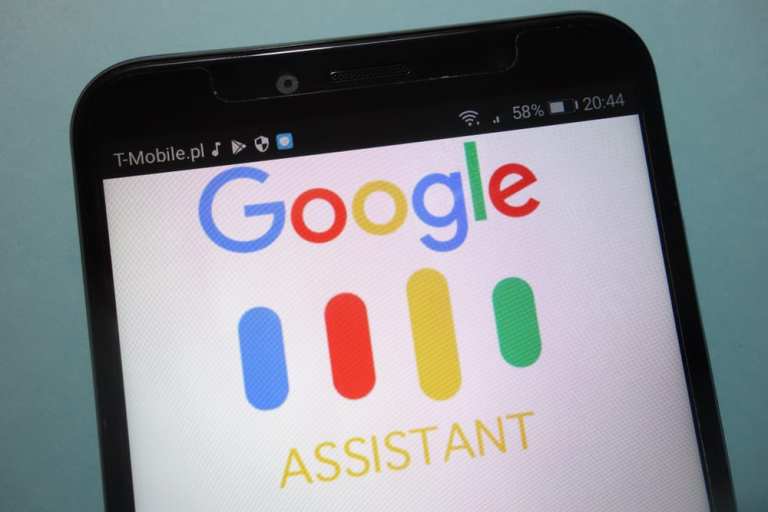Google Assistant Previews Upcoming Voice AI Feature

Google Assistant is aiming to help users in even more ways thanks to new features the company debuted at CES 2020 throughout this past week.
Later this year, the popular virtual assistant, which is available on mobile and smart home devices in 90 countries and engaged by nearly half a billion users each month in 30 languages, will read web pages aloud in a more pleasant, realistic voice.
Such naturalistic reading will be available for articles and websites this year, but could eventually be used for emails, a Google representative confirmed to VentureBeat.
Google Assistant will also expand on smart televisions with new features, including additional privacy controls and more ways to plan and enjoy programming.
Scheduled Actions, slated to arrive later this year, will enable users to manipulate other smart devices, such as kitchen appliances. Privacy enhancements will allow broader control over what Google records, remembers and deletes. The tech giant has gone to greater lengths to protect consumers’ autonomy after revelations last year that third-party contractors were collecting personal data from virtual assistants associated with Google, Amazon and Apple.
At last year’s CES, Google introduced the availability of Interpreter Mode to translate nearly 30 languages. As of December 2019, Interpreter Mode was available in 44 languages and could interpret in 15-second bursts of conversation.
Through a collaboration with industry partners Volara and Sonifi, Google said at CES 2020 that Interpreter Mode will deploy at verticals such as airports and hotels, both in the United States and globally, to facilitate communication among travelers and guests. Additionally, Mercy Corps will use Google’s Interpreter Mode on their mobile devices to assist Syrian refugees with filling out forms and for general communication.